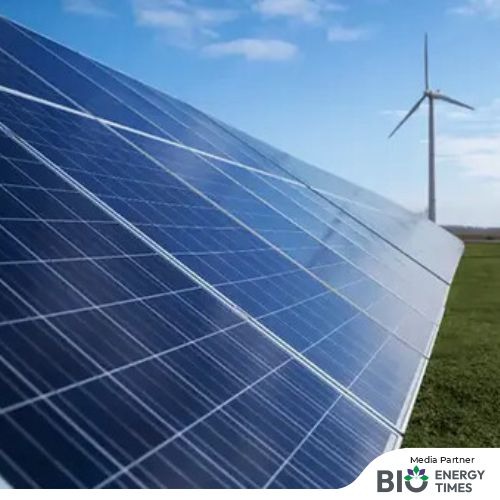India’s solar module manufacturing industry is set to undergo a major transformation in the next five years, with a significant improvement in the export-import balance, according to a CRISIL report. The report points out that strong domestic demand for solar modules, projected to average between 50-55 gigawatts (GW) annually from Fiscal 2024 to 2030, will be a major driver of the sector’s growth.
As domestic production ramps up, however, an oversupply is expected to emerge from Fiscal 2025 onwards, creating new opportunities for exports. The report notes that this surge in production will likely lead to an oversupply, leaving room for increased exports.
In Fiscal 2024, India exported around 7 GW of solar modules, which accounted for roughly 50% of its total production. With domestic production exceeding local demand, the country is poised for greater export opportunities in the coming years. Despite this, the proportion of exports in total production is projected to moderate to between 25-32% by Fiscal 2030, driven by increasing domestic consumption. However, the absolute volume of exports is expected to grow steadily over this period.
On the import side, the reintroduction of the Approved List of Models and Manufacturers (ALMM) from Fiscal 2025, coupled with expanding domestic capacity, is expected to significantly reduce India’s dependence on imports. Import reliance, which stood at 59% in Fiscal 2024, is forecasted to drop to between 5-10% by Fiscal 2030.
Despite these gains, the domestic solar industry will continue to rely heavily on imports for upstream components such as polysilicon, wafers, and cells, given the limited integrated manufacturing capacity in the country. Even with substantial growth in domestic cell manufacturing, Indian module makers will still depend on imported cells, though to a lesser extent.
The report also highlights that the decline in prices of solar components over the past three years has supported imports. While this trend is expected to shift as domestic manufacturing expands, the dependence on imports for key components is unlikely to disappear entirely.
With increasing production capacity and favorable policy support, India’s solar module manufacturing sector is well-positioned to play a larger role in global markets, further contributing to the country’s clean energy goals while reducing its reliance on imports.
For detailed information and further insights, please refer to BioEnergyTimes.com, which provides the latest news about the Biomass Industry















